Returning to Family Roots: Rumiko Obata on Leading Her Family Sake Brewery
Rumiko is bringing the taste of her native island to sake lovers worldwide
“Reputation before ratings”: fifth generation sake brewery owner Rumiko Obata talks about the importance of family businesses and using her smooth sake to promote Sado through titillating drinkers’ tastebuds.
Rumiko grew up in the sake world, watching her parents manage the laborious process of creating sake from Niigata and Sado’s famously prized rice. And like many young Sadoans she dreamed of leaving the island to explore the world. While she was able to make her dream come true, spending her 20s in a high-flying career that took her all the way to Hollywood, a family illness reminded her of the importance of family and carrying on tradition.
From Sado to the world
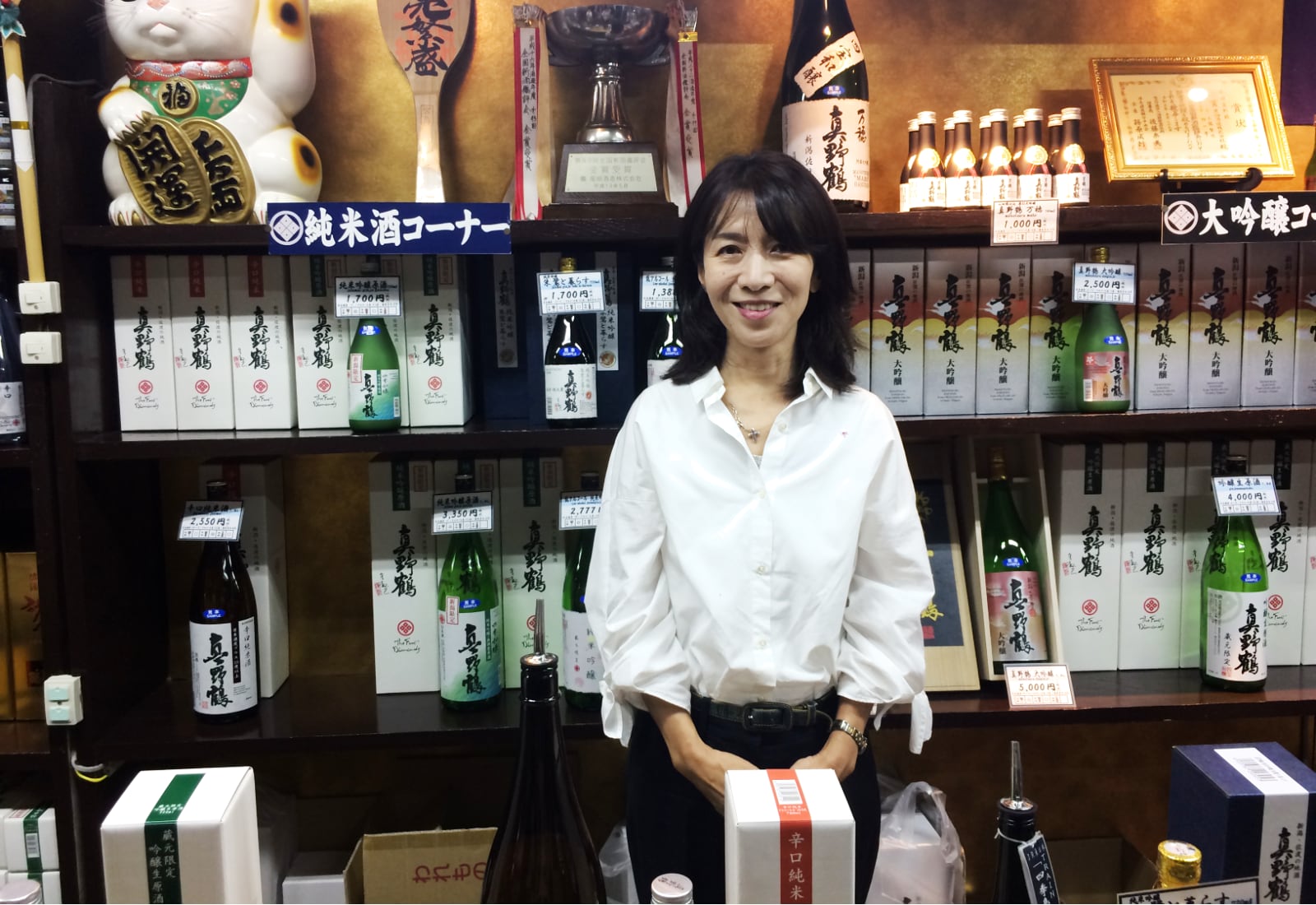
Rumiko says that she was inspired by Kaoru Kanetaka, a popular travel reporter during her childhood. She dreamed of becoming a journalist and seeing the world for herself. This way, she could share of other countries and cultures with audiences back in Japan. She moved to Tokyo to study political science at Keio University, but then found another way of sharing different worlds with audiences by entering the movie industry with Nippon Herald Films.
For years she lived the high-paced life of a publicist, promoting new movies every three months, meeting actors and directors, traveling to Los Angeles for business, and making the most of big city life in Tokyo.
Returning to the roots of Sado
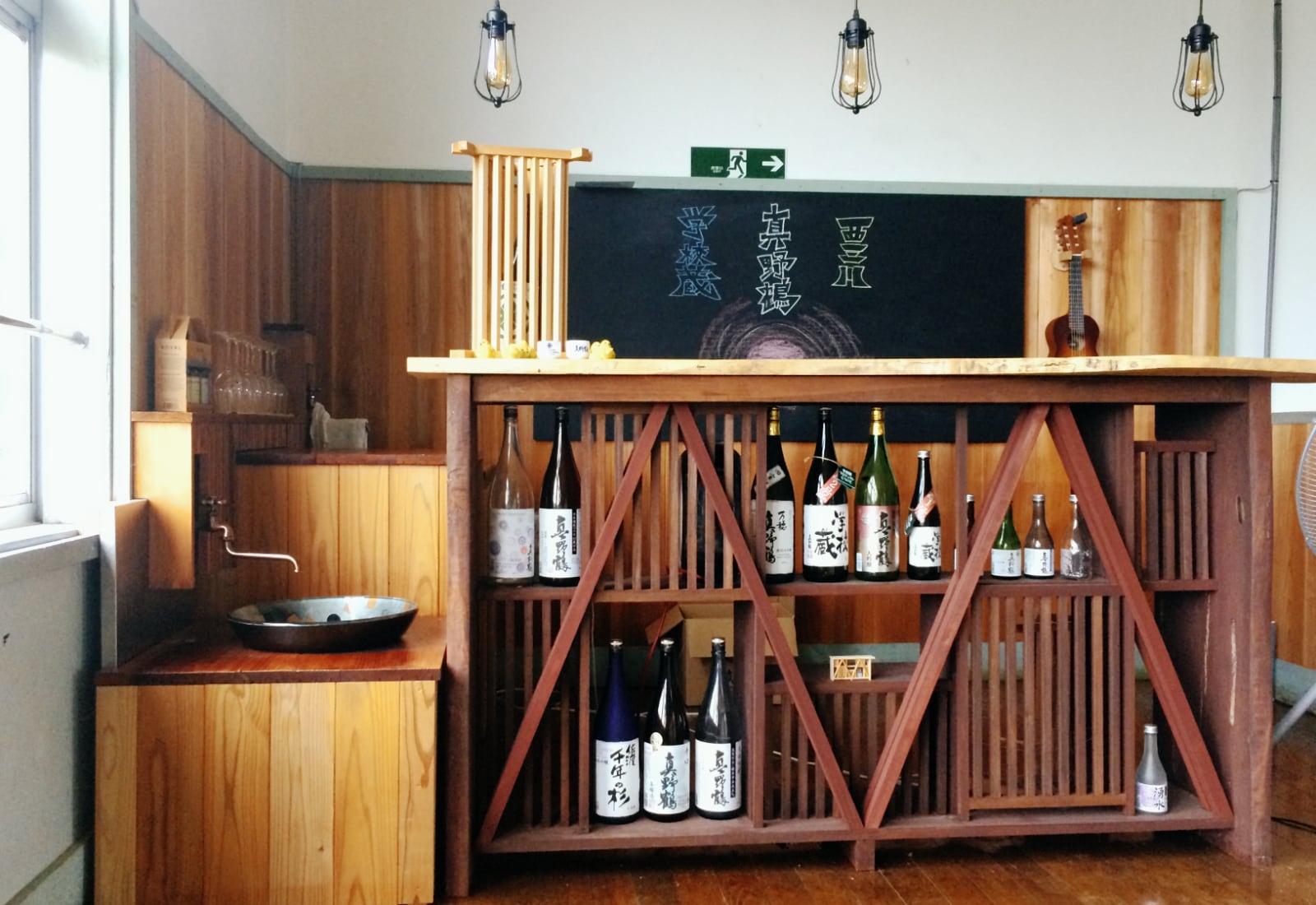
Rumiko says that at the time she had no plans to take over the family business. However, this changed at the age of 28, when her father became seriously ill. While he later recovered and is still involved with the business today, it was a watershed moment for her. “It got me thinking: how would I want to spend my last moments? How do I want to be remembered?” she says pensively, “I then realized that all I wanted to do was sip sake in my family kura (traditional Japanese storehouse). I needed to return to my roots.”
The following year she packed up her life in Tokyo and, with husband Ken in tow, headed back to her native island.
…how would I want to spend my last moments? How do I want to be remembered?” she says pensively, “I then realized that all I wanted to do was sip sake in my family kura (traditional Japanese storehouse). I needed to return to my roots.
She has no regrets about returning to Sado. “I was returning by choice, to do the work I knew I wanted to do for the rest of my life.” While the transition from Tokyo to the quiet life on the island was relatively smooth, one thing she did notice was the difference in how she experienced time and the pace of her new work.
“Going from the movie industry, where you always have several movie promotions in the works on tight three-month cycles, to the one-year cycle of creating sake was something of a shock. The process of harvesting the rice in the autumn, making sake during winter, then bottling and shipping out the year’s product, everything is linked with the seasons.” With a laugh, she remarks that it probably took her 10 years to fully readjust to this slower pace attuned with nature.
Bringing Sado’s sake to the world
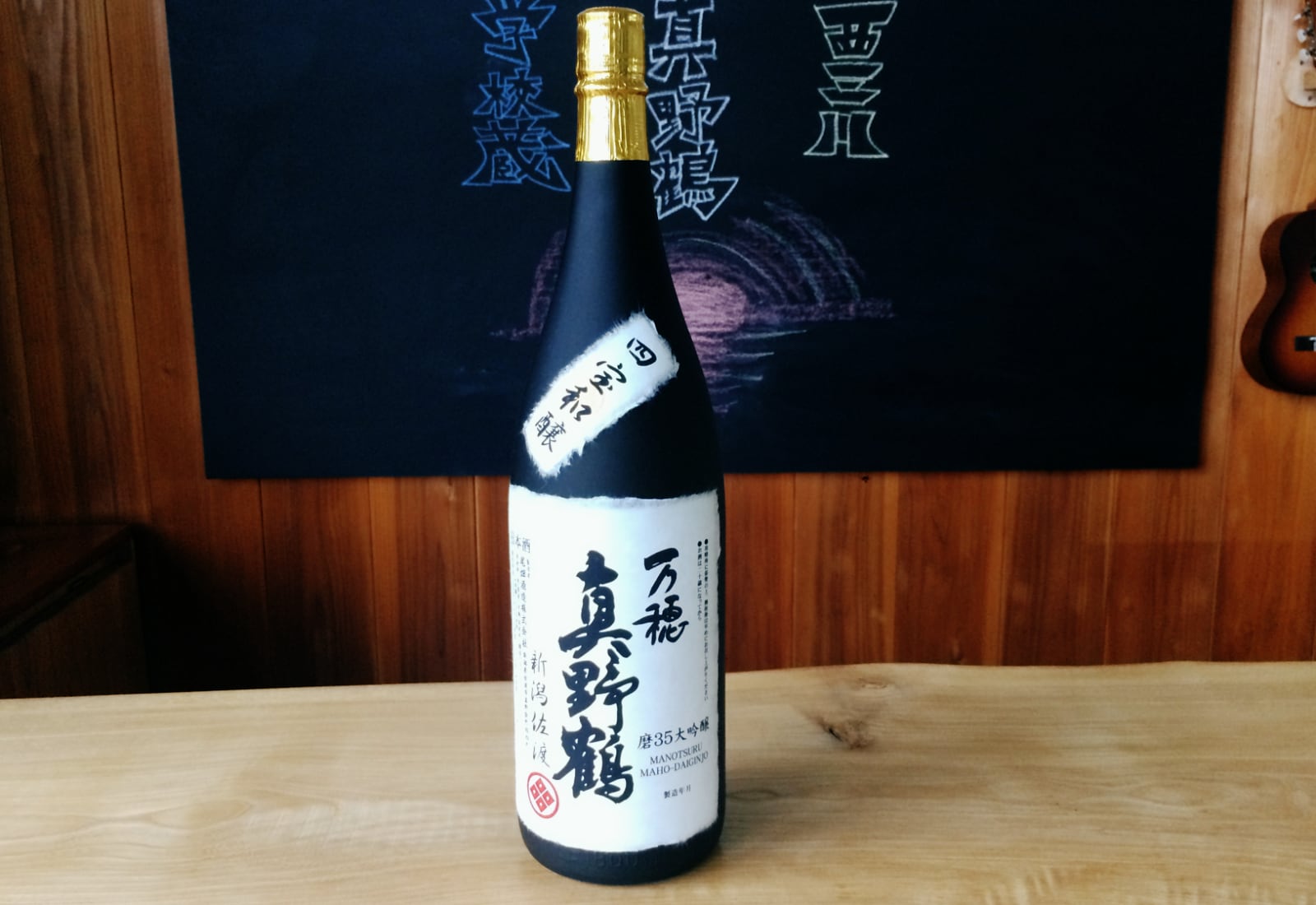
Manotsuru sake: a multiple award-winning, high-quality sake.
Not one to make excuses or sit on her laurels, in 2003 she started working towards making a new dream come true. During her time in the film business, she saw large commercial brewery’s sake served at Hollywood events but wanted to see her family’s craft brews there instead. Leveraging her contacts as a former movie publicist, she decided to work on finding new markets for sake by building a network of new potential nihonshu lovers internationally.
Out of all the countries in the world, Japan has the largest number of companies that have been in business for over 100 years, many of these being small to mid-sized family businesses like the Obata Brewery
Starting up exports was not smooth sailing, but now Manotsuru sake, the sake produced in Rumiko’s brewery, is sold in 15 different countries. While the drink has gained popularity worldwide, Rumiko says that the biggest markets for their smooth rice wine are the United States and Hong Kong, and notes with pride that it is also served in Air France’s first and business class.
This is not surprising, as the clean, dry taste of Obata brewery sake matches all sorts of dishes. Like other sake breweries, good rice and pure water are at the core of her product, but Sado’s are particularly good. In order to conserve the local toki (Japanese crested ibis), local farmers are very careful not to use harmful chemicals or pesticides that could affect the rice, water, or birds. One of their smooth junmai ginjo sakes (high-quality sake made with no added alcohol) is even named “Toki to Kurasu” (literally, living with toki) to celebrate this deep connection with Sado’s natural environment.
All in the family
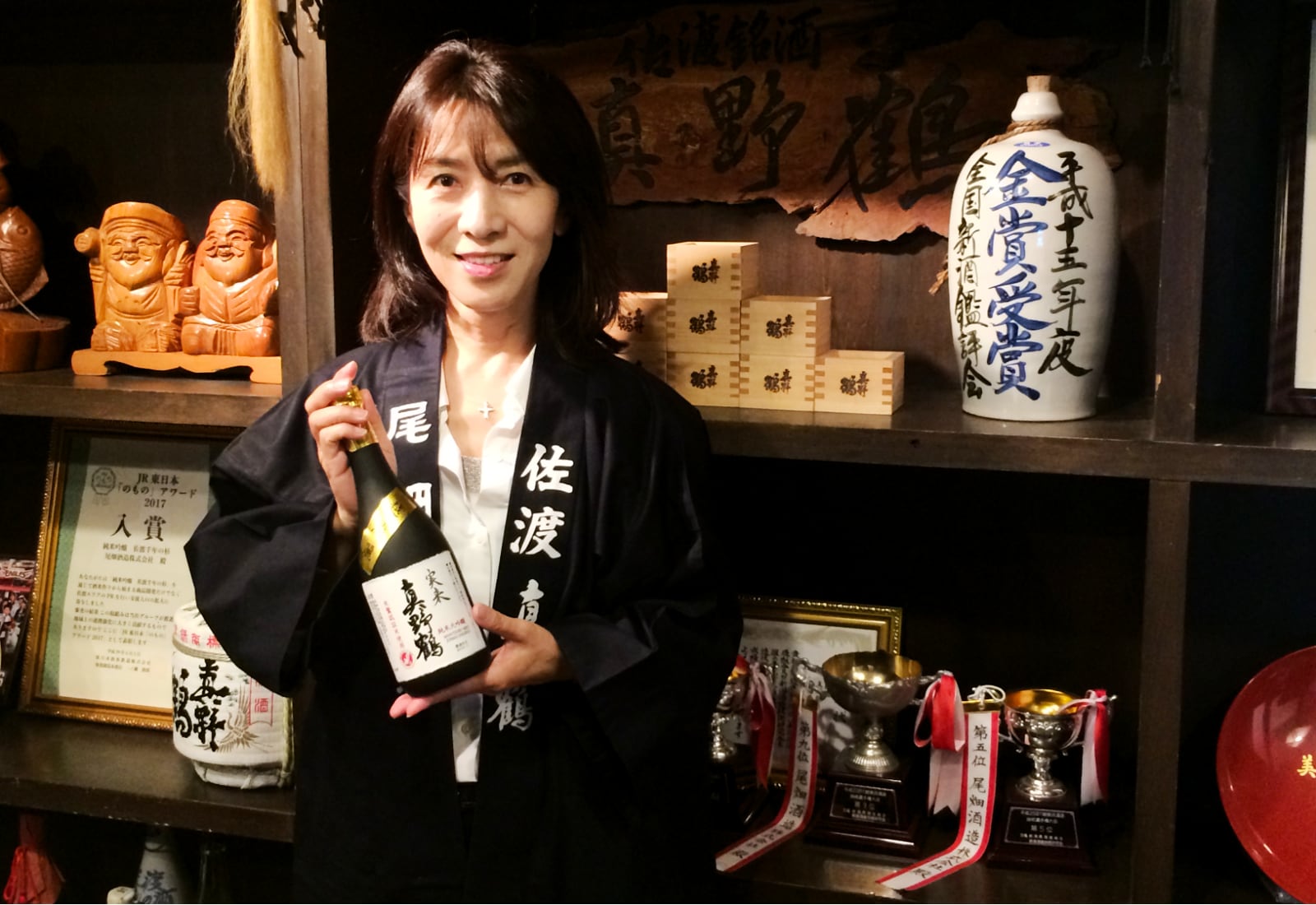
Rumiko proudly holding the Manotsuru sake produced in her family brewery.
Sake-making has something of a macho image, as most toji (master brewers) are men, so one might assume women face some challenges when entering the sphere. However, Rumiko points out that in Japan being part of a family business is actually an avenue for women to shine—family ties trump all other considerations.
Out of all the countries in the world, Japan has the largest number of companies that have been in business for over 100 years, many of these being small to mid-sized family businesses like the Obata Brewery. Rumiko is passionate about family business, and how deeply they connect with the local communities. She explains that in her world, it is all about “hyoka yori hyoban” (reputation over ratings) and that there are motives beyond productivity that make the work worthwhile. She likens it to the process of going to school and learning, which is not a straightforward path but is the gate to new discoveries.
Rumiko is passionate about family business, and how deeply they connect with the local communities… in her world, it is all about “hyoka yori hyoban” (reputation over ratings) and that there are motives beyond productivity that make the work worthwhile.
Combining the best of tradition with new ideas is part of the brewery’s ethos, so while the 27-person business maintains the best traditions regarding the brewing process and using 100% Sado-grown rice, they are also open to new ideas: opening up the secretive world of sake to those who wish to learn, or fighting against climate change by producing and using 100 percent solar power to run their operations.
She has also succeeded in bringing some curious sake seekers to the island, and if you visit their main shop in Sado, you will see a stream of international visitors stopping by the brewery to taste, shop, and learn about the brewing process.
Rumiko’s goal is to use sake as a way to promote her native island, making people curious about how the smooth, complex flavors are influenced by the nature, culture, and tradition of Sado. Each bottle and sake-making class brings her one step closer to making her ambitions a reality.
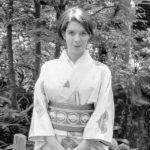

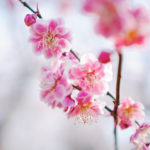
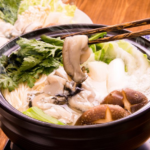
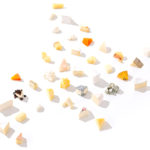
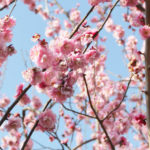






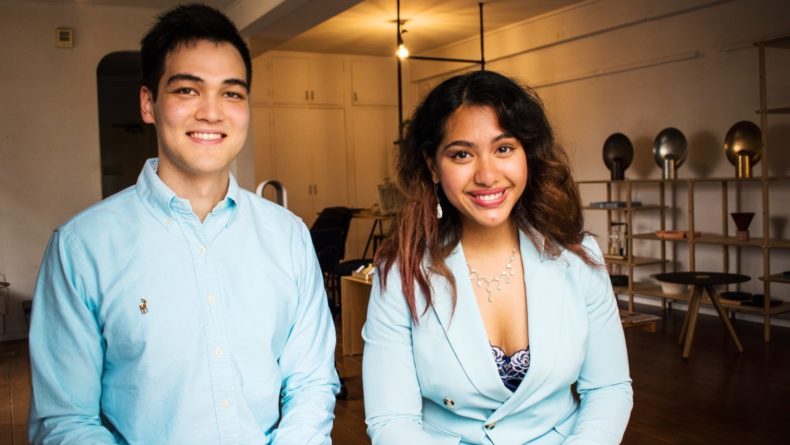
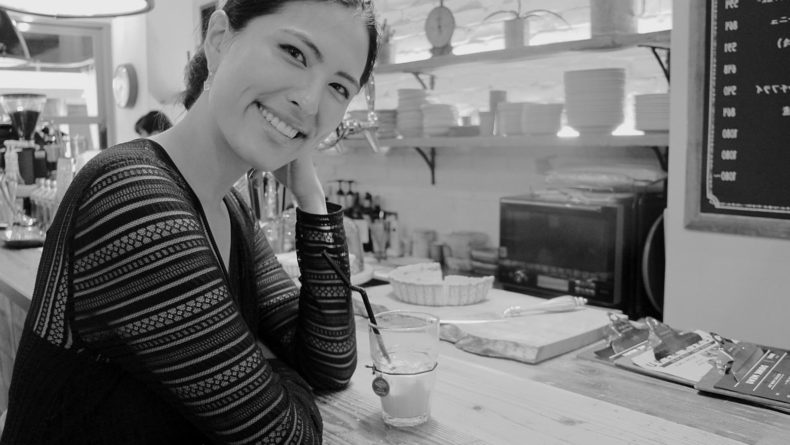
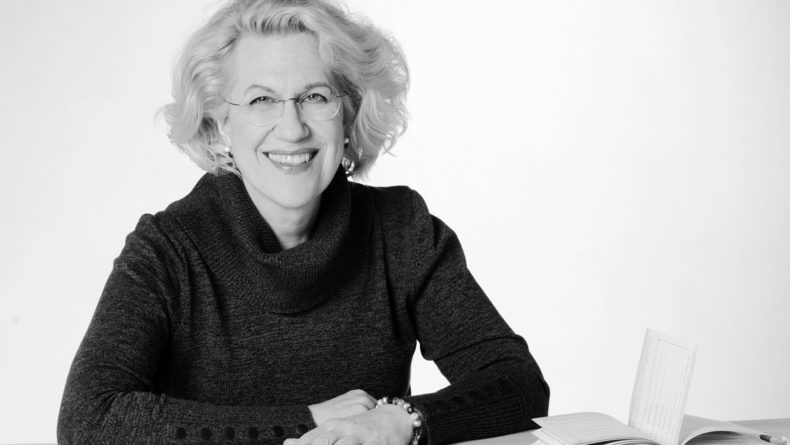
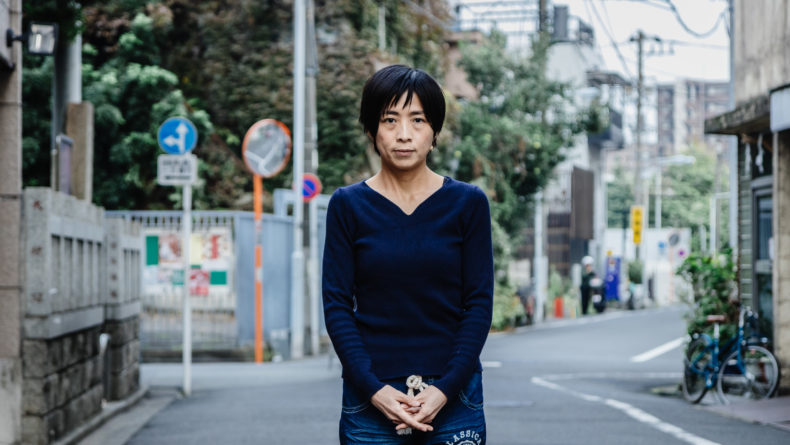
Leave a Reply